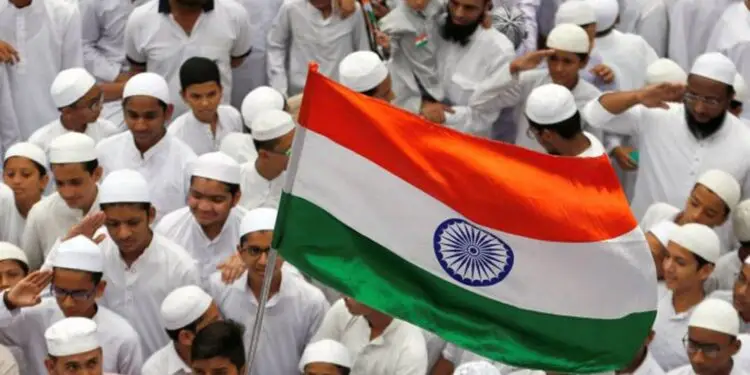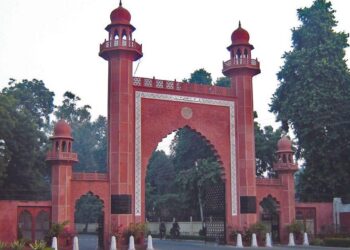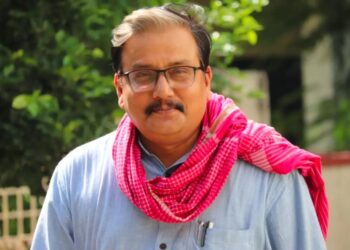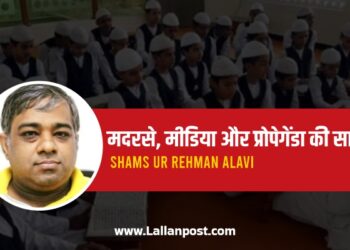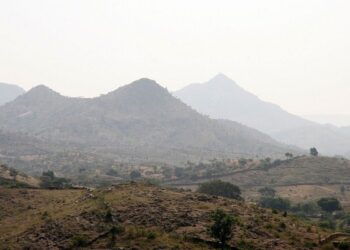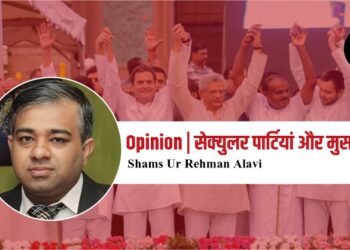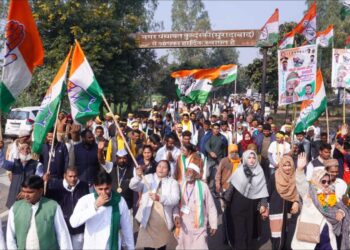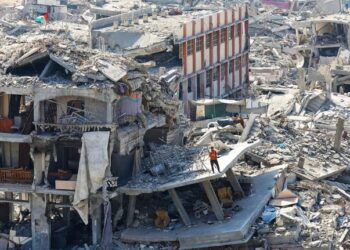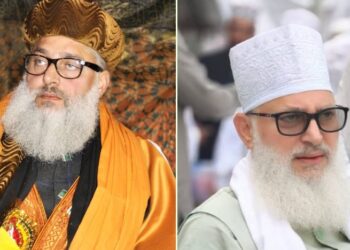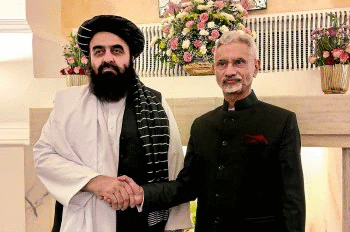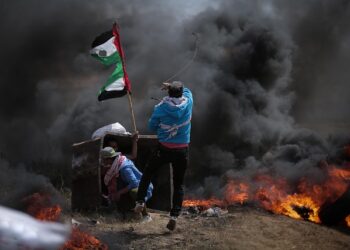Indian Muslims face low living standards due to low literacy, declining government job participation, minimal business presence, and reduced political representation. Economic policies and discrimination exacerbate challenges, trapping them in poverty. Restoring scholarships, ensuring job reservations, and increasing political participation are crucial for progress.
Main Points
- Low Literacy: Muslim students’ enrollment lags behind the national average, worsened by discontinued scholarships.
- Declining Government Jobs: Muslim share in stable jobs dropped significantly from 22.1% to 15.3% (2018-23).
- Limited Business Presence: Muslims, 14% of population, hold only 3% business share, hit by policies like demonetization.
- Political Underrepresentation: Muslim MPs in Lok Sabha at a 60-year low, under 5% despite 15% population.
- Proposed Solutions: Restore scholarships, ensure job reservations, provide business support, and increase Muslim political representation.
Among various religious groups, Muslims have the lowest living standard with the average per capita expenditure of just Rs. 32.66 in a day”, says a government survey.
This is a matter of great concern. Indian Muslims live the lowest standard of living and are also lagging behind in education. This is a frightening situation. In a progressive country, the backward Muslim community is being marginalized somewhere. This is sure to have a direct impact on the future generations.
Why is the average Indian Muslim living such a backward life? Why are they not trying to raise their standard of living?
Let us look at the reasons that are hindering us in the path of progress.

Low Literacy Rate
The Gross Enrollment Ratio of Muslim students is much lower than the national average of 27.3 percent, which shows that various challenges still prevent Muslim students from enrolling in higher education.
In 2006, the central government started scholarships for minority students. In which Pre Matric Scholarship for students of class 1st to 8th and Maulana Azad National Fellowship for MPHIL/ PHD students was started. Under this scheme, every month poor students used to get help for studies, but this scheme has been discontinued by the present government, it has had a very deep impact on the poor families.
Low education level is somewhere the cause of poverty and poverty is one of the reasons for getting education. It is like a vicious circle in which the Muslim community is entangled and is unable to keep pace with the times.

Participation in Government Jobs
According to the data of the Ministry of Labor under the Central Government, the share of people working as regular salaried staff in the Muslim community has registered the highest decline of 6.8% since FY 2019. Their share declined from 22.1% in FY 2018-19 to 15.3% in 2022-23.
This percentage is extremely worrying. The Muslim community is insulated from the comfort and stability of government jobs, meaning they are more likely to be employed in unstable jobs that hinder their economic development.
Situation in the Business World
According to The Economic Times. “In India, Muslims constitute 14% of the population, but their share in business is only 3%” This means that the participation of the Muslim community in the business world is negligible.
The situation seems to have worsened in the last few years. Reports suggest that policies such as the 2016 demonetisation and the implementation of the Goods and Services Tax (GST) in 2017 have disproportionately affected Muslim-owned businesses. These measures were aimed at improving the economy, but have reportedly had a disastrous impact on small businesses, especially those owned by Muslims.
Apart from these macroeconomic policies, there are allegations of more targeted discrimination. For example, during the COVID-19 pandemic, a misinformation campaign falsely linked the spread of the virus to the Muslim community, leading to boycotts of Muslim-owned businesses. Many Muslim businesses, both small and large, have been ruined due to this misinformation.
Participation in Politics
The eighteenth Lok Sabha has the lowest share of Muslim MPs in six decades. Less than 5% of its members currently are Muslims despite people from the community forming over 15% of the country’s population.
The seventh Lok Sabha had 49 Muslim MPs, the highest number of Muslim MPs elected to any Lok Sabha. The percentage has been decreasing steadily since then. The reason for this could be the neglect of Muslims in politics or the communal change taking place in the country. Whatever the reason, it has a direct impact on the issues related to Muslims, whether it is scholarships given to Muslim students, modernization of madrasas, issues related to Waqf Board, the absence of Muslim representatives has a bad effect on all these. Muslims are unable to put forward their interests or are not allowed to do so and the result is that Muslims are constantly being ignored.
Consequences
In this situation, Muslims are deprived of giving higher and expensive education to their children and children have to leave their studies.
This is the Alarming situation
The percentage of Indian Muslims in every important position is very worrisome. This situation is an obstacle in the progress of Muslims. This is the main reason for their low standard of living.
This is such a vicious circle that Indian Muslims, trapped in it, are not able to move ahead on the ladder of success, let alone anywhere near success. Due to the low standard of living of Indian Muslims, they are looked down upon. One of the direct reasons for the discrimination against them is their low standard of living.
What Should Be do?
There is a need to take effective steps in the field of education. It is the duty of the government to protect the interests of poor Muslim students. Not only should scholarships be restored but new scholarships should be implemented for meritorious students. Special classes should be conducted for free guidance to poor candidates preparing for government services.
It is the duty of the government to take special steps for the weaker and backward sections while treating every citizen equally.
For this, the cooperation of social and Muslim organizations cannot be ignored. Organizations working in the field of education should also come forward and provide all possible help to poor and meritorious students so that such students do not lag behind in competitive examinations due to financial constraints or lack of proper guidance.
In government services also, their percentage should be ensured according to the Muslim population. There should be a special provision for reservation for Muslims in government services so that the Muslim community can also be included in the mainstream. The Muslim community has to face a lot of loss due to the neglect of the Muslim community. Small and medium Muslim businessmen should be provided tax free business or low or no interest loans so that they can expand their business well.
Special assistance should be provided to revive the defunct or dying business so that the people associated with that business can be brought out of the crisis and their living standards can be improved by waiving off their outstanding loans.
Muslim participation in politics is very important because Muslim interests can be protected only when enough Muslim MPs are present in the government to express their views. For this, the government should take concrete measures.
In the Muslim dominated areas of the country, only Muslim candidates should be given the right to contest elections. Election seats should be reserved for Muslim candidates according to the percentage of Muslim population.
It should be ensured that a certain proportion of Muslim MPs are present in the Lok Sabha and Rajya Sabha.
It is very important that the participation of Muslims in the government should be satisfactory otherwise the issues related to Muslims will gradually disappear from the House and the government or the Muslim population will be raised without the consent of the Muslim population without knowing the Muslim side.
Afroz Khan is a teacher by profession. She primarily writes about women and Islam. She holds a Bachelor’s degree in Education.
